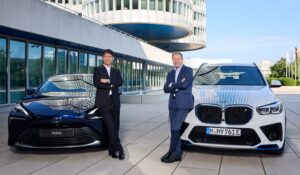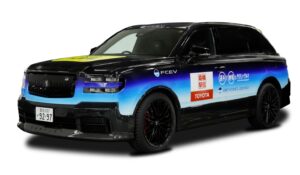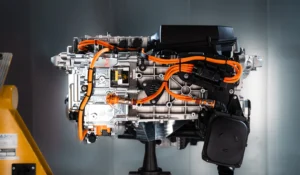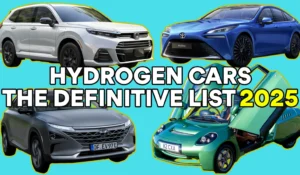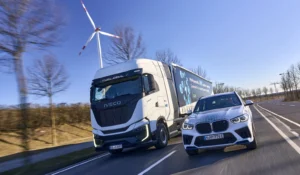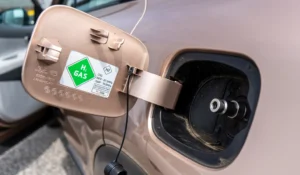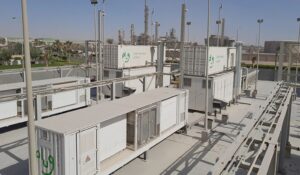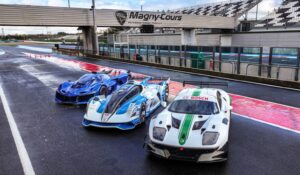Hydrogen cars: GM and Hyundai sign MoU deal on hydrogen and more
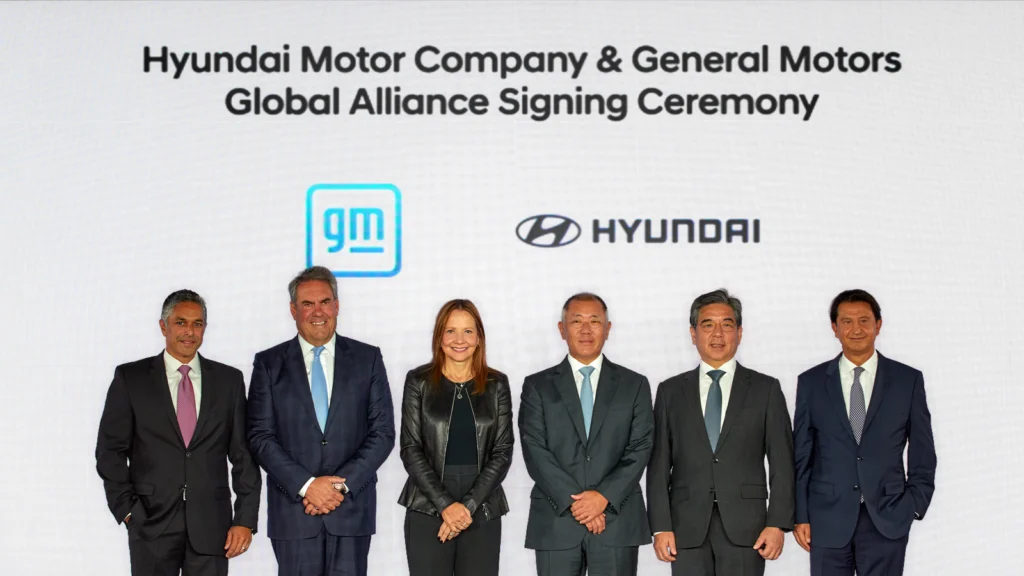
Hyundai and General Motors have signed a memorandum of understanding to team up on vehicle development, supply chains, and clean-energy tech – particularly hydrogen cars and electric cars.
This partnership aims to leverage the might of both automakers to share the risks (and hopefully the many rewards) of the hydrogen and electric vehicle market, making these cars more efficient and, crucially, cheaper.
By combining their strengths, Hyundai and GM aim to accelerate the production of hydrogen cars – targeting both passenger and commercial vehicles.
They’ll also look into combined sourcing – basically, bulk-buying battery raw materials, steel, and whatever else is needed to make shiny new hydrogen cars.
As Hyundai’s Executive Chair Euisun Chung said, it’s all about offering “stronger customer value” through this collaboration. Read: cheaper, plentiful hydrogen cars.
Hyundai hydrogen history
Hyundai has been waving the hydrogen flag for donkey’s years. They kicked things off with the Tucson Fuel Cell (the IX35 in Britain) back in 2013.
Fast forward to 2018, and Hyundai launched the NEXO, a hydrogen SUV that came with all sorts of fancy autonomous features. You can still go out and buy a new NEXO today – I drove one recently in Wales. It was tremendous.
And they’re not stopping there. Hyundai’s “FCEV Vision 2030” commits over $5.5 billion to hydrogen tech, with plans to pump out 700,000 fuel cell systems annually by – you guessed it – 2030. They’re aiming to make hydrogen a mainstream energy source for cars, ships, and even further tech like drones.
General Motors hydrogen
GM has its own storied history with hydrogen. Back in 1966 they introduced the “Electrovan” – the world’s first hydrogen powered vehicle. And it looked ace. But it was, sadly, short lived.
More recently, GM’s hydrogen skunkworks division – HYDROTEC – has been developing fuel cell systems for commercial trucks, military applications and even stationary power generation.
In 2020, GM partnered with Honda to co-develop the next generation of fuel cells, focusing on reducing costs and making hydrogen vehicles more commercially viable.
The two automakers are aiming to “unlock the scale and creativity of both companies” says GM Chair & CEO Mary Barra.
Now that the MoU is signed, Hyundai and GM will begin assessing specific opportunities for binding agreements.
The collaboration aims to make vehicle development more efficient and speed up the rollout of competitive hydrogen vehicles.
The idea is to make hydrogen technology more accessible, affordable, and widely accepted. So, while battery-electric vehicles often steal the spotlight, hydrogen is quietly gearing up to be the unsung hero of the green transport revolution.

